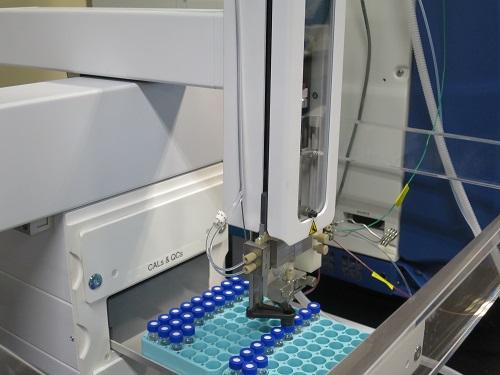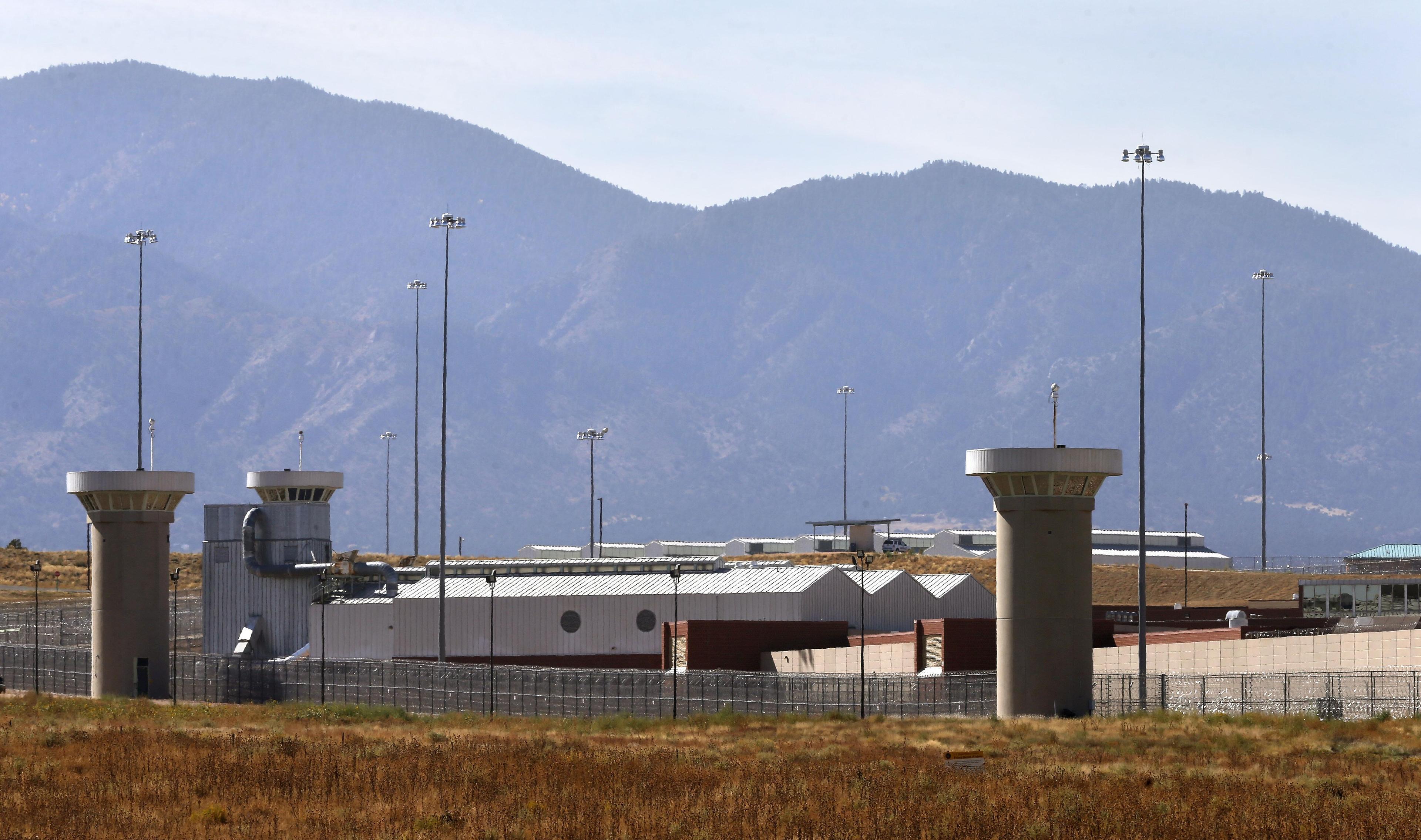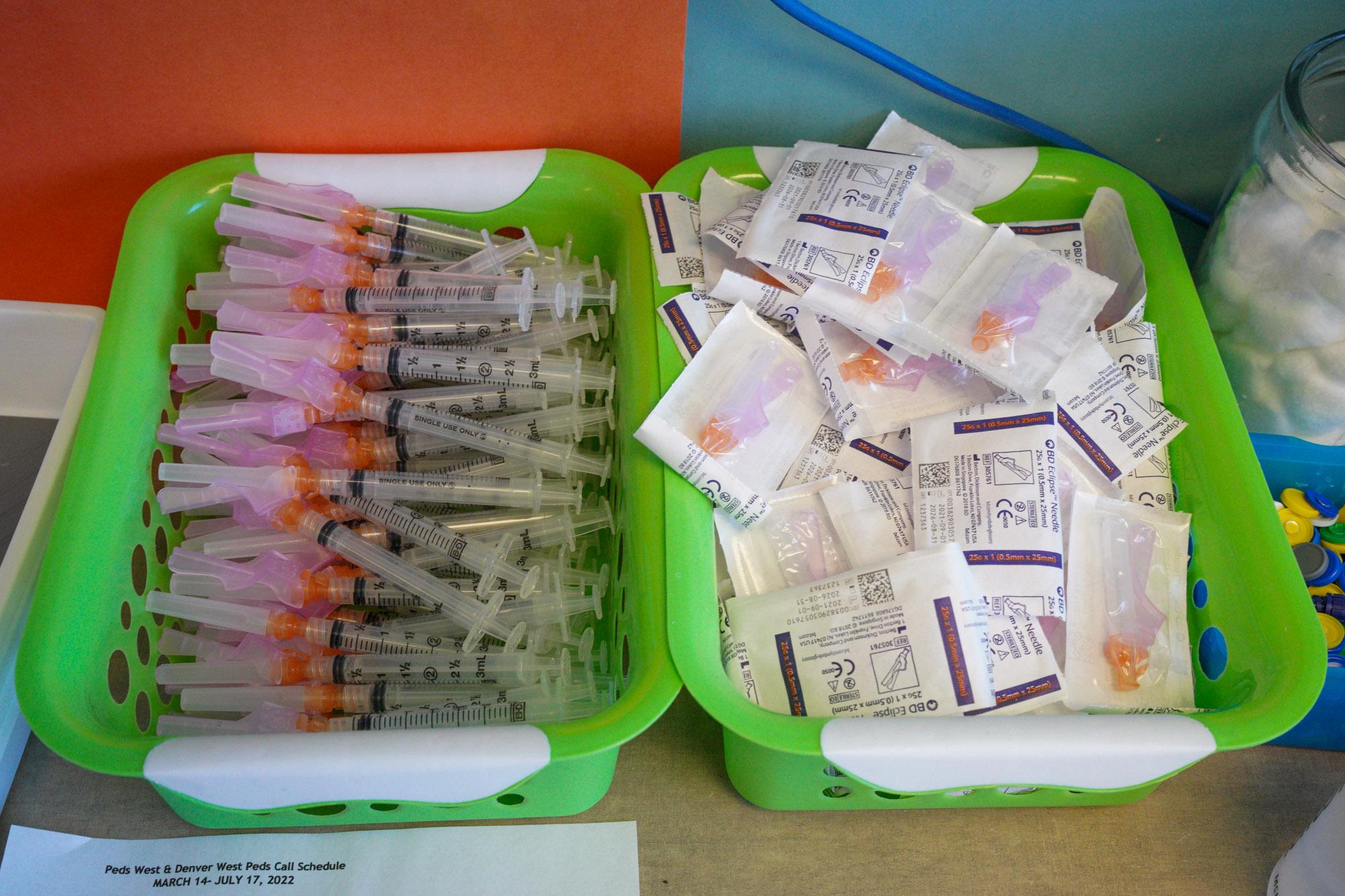

A surprise fall in positive opiate drug screenings fueled an overall decline in positive drug tests for Colorado's workforce, according to numbers from the clinical test company Quest Diagnostics.
A new study from University of Georgia this month found that states with medical marijuana laws had lower rates of opioid use. This rings true for Colorado: Positive tests for opiates have fallen since 2012, the year marijuana was legalized in Colorado. The rate of positive opiates tests in Colorado is now half the national average.
“With the prescription opiate crisis filling the headlines, the significant drop in opiate positivity is a promising sign,” said Matt Nieman, general counsel for the Institute for a Drug-Free Workplace, in a statement.
Positive marijuana tests have risen substantially in Colorado, since 2012, but the rate stabilized between 2016 and 2017. Colorado has higher rates of workforce drug screens that test positive for marijuana than the national average: 2.5 percent in Colorado versus 2 percent nationwide.

Quest found that states that had recently passed marijuana legalization saw similar increases in positive tests that Colorado and Washington experienced after 2012.
“This data is indeed troubling, but it is not surprising," said Dr. Kevin Sabet, founder and president of Smart Approaches to Marijuana, in a statement. "Do we want our pilots, doctors, and truck drivers stoned? We have to slow down this reckless experiment of pot legalization.”
A positive marijuana drug test doesn’t mean the person was recently high. The drug can remain in a user’s system for more than a month, which also increases the chances of a positive test.









